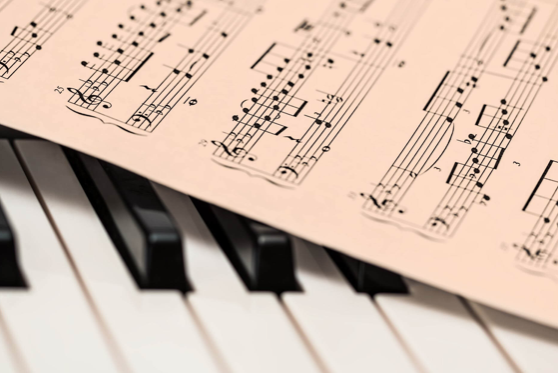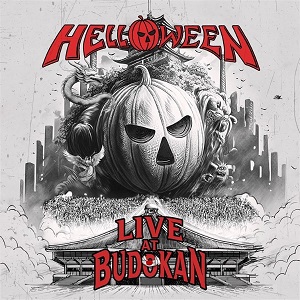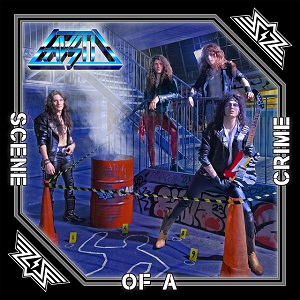Is Heavy Metal So Different From Classical Music After All?
January 12, 2022, 3 years ago

Inspecting the Connection
There's more in common between heavy metal and classical music than you may believe. Heavy metal and classical music have a long history of collaboration, which is why they are enjoyed by many on a fun night in. There's more in common between heavy metal and classical music listeners than you may believe too. Aside from a shared fondness for the dramatic, both sorts of listeners are reflective, creative, and at ease with themselves. Heavy metal fans have long been stereotyped as suicidally despondent and a danger to themselves and society. They are, nevertheless, exceedingly sensitive.

The best metal and classical musicians are masters of their profession, having spent years perfecting their ability to express grandiose ideas in the most direct and expressive manner possible. The two genres are linked by a theatrical exhibition, unconstrained and imaginative virtuosity, tonal and rhythmic force, and chromatic expressivity.
Metal is a broad term that doesn't do justice to the complex array of sub-genres that this umbrella term encompasses. Yet, there lies a wide range of music under the single word. In the same manner that classical music has a diverse musical offering, popular music has a diverse musical offering.
A Romantic Connection
While the baroque period appears to be especially fruitful ground for heavy metal meditations, the Romantics, who were no strangers to dark ruminations, chromaticism, virtuosity, and over-the-top drama, supply plenty of food for modern-day metal. Many metal musicians have even attempted to cover classical works. Vivaldi's Four Seasons, possibly the most overplayed of all baroque works, was modified by Children of Bodom. This version is unlikely to be heard at dental offices, elevators, or fine dining establishments but it does, however, demonstrate the stylistic similarities between the two.
Consider the Romantic era of Western Classical music for a moment. Legend, myth, and the eternal conflict between light and dark inspired many musicians writing at the time. In Romantic music, the human spirit's yearning for atonement is widespread. This is similar to the way many Metal bands construct albums. The links between bands like Deep Purple, Black Sabbath, and Judas Priest become more evident in their early work. These bands, along with others, began to push mainstream music into previously uncharted territory.
Many Romantic composers' works necessitate a level of technical proficiency that few people possess. The exact parallels can be found in many of the metal performers' lead guitar solos, which have elevated the bar for all guitarists after them.
In terms of influence, there are also clear links between the genres. Many Metal artists freely declare that the Classical repertoire has influenced much of their work. This covers a wide range of classical composers, from Vivaldi to Paganini. Geezer Butler, Black Sabbath's bassist, for example, has stated multiple times that classical music has significantly influenced his work.

A Harmonious Connection
While there are apparent similarities between all genres of music on the levels of harmony, melody, rhythm, pace, and structure, I believe that Metal and Classical music have a stronger bond. Eastern Europe continues to produce some of the most intricate heavy metal, with many metal players learning classical as their first musical language.
Concluding the Connection
Perhaps the only conclusion is that artists have always leaned on and stolen from other artists' works and techniques. It doesn't take much digging to find that classical and metal, like twins separated at birth, share many traits, and musicians specialized in one genre or the other can undoubtedly recognize one another across what turns out to be only a very little chasm.
Any way you look at it, heavy metal's roots are entwined with those of classical music. Dark agony and imagery abound throughout the Baroque and Romantic periods' reflections. But, of course, the two genres are steeped in two different cultural traditions—classical music is considered art music, while heavy metal is deemed popular music—and the use of power chords in metal contradicts one of classical music's basic principles. The employment of octaves and fifths in a row defies all harmony and classical taste laws.











